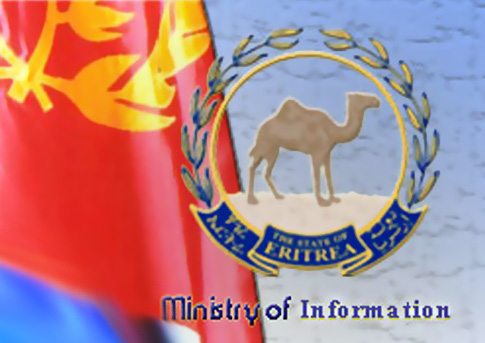Last month, the proposed draft constitution for Somalia was published. It is due to be presented to a National Constituent Assembly next month to be voted on, and traditional elders are beginning to gather in Mogadishu in order to select 825 members for the Assembly which will consider the draft for two weeks and then vote on its provisional ratification. The Assembly will then choose the 225 members of the new post transition parliament. An Al –Shabaab spokesman has now announced that Al-Shabaab will target any of those involved in the process of adopting the new constitution which he described as ‘anti-Islamic’.
In the meantime while the government is bringing traditional elders together to organize the Assembly, some changes have already been made in the draft to accommodate some of the criticisms. After the draft was published, President Sheikh Sharif was among those who indicated that he wasn’t entirely satisfied with it. He said there were still some errors that needed to be rearranged. Last week, the Minister of State for the Constitution, Hassan Mahmud Jim’ale said some changes have been made to clauses that had already caused some concern. The clause relating to conditions for presidential candidates now indicates that candidates cannot be a citizen of any other country and that if they hold another nationality it must be cancelled six months prior to the declaration of their candidature. Other changes relate to the clauses on nationality. There have been claims that the language of the draft is imprecise and could lead to disputes of interpretation, and that the Independent Federal Constitutional Commission and the Committee of Experts failed to clarify key issues.
Among other things, the draft constitution lays down strict guidelines for the creation and acceptance of new states for the Federal constitution. Puntland is given the status of a recognized state but it is the only one. Galmudug is recognized as a state but only as one that will be able in the future to fulfil all the requirements for a full federal state as stipulated in the charter. These requirements include holding a sustainable reconciliation process and being made up of two regions which have come together. There are now a multitude of smaller administrations claiming the status of a potential or actual state. It appears none can currently fulfil these proposed constitutional requirements.
Irrespective of the activities of Al-Shabaab, the TFG will still need to do a good deal of work to accommodate opposing views and bring disaffected parties into the process. Nevertheless it remains confident that it will be able to carry the process through. Somalia Prime Minister Abdiweli Mohamed recently told VOA that the government had a ‘road map.’ “Why previous governments failed was because they never had a framework that guides them, that takes them from where they were and to where they want to be. Now we have a framework. The road map has benchmarks, timelines and deadlines of doing specific jobs. That’s why we’ve succeeded."
The UN, the AU and IGAD have warned that they will impose sanctions on anyone trying to disrupt the constitutional process. A joint statement on Tuesday said Somalia was at a critical juncture and it was imperative that the peace process could not be allowed to backslide. In an interview, Ambassador Mahiga, the UN Special Envoy to Somalia, said the warning was, in part, aimed at some Somali MPs. He said there were still elements in Parliament threatening to form their own government outside the roadmap and extend their own terms of office. The new constitution will sharply reduce the number of MPs from 550 to 225. Ambassador Mahiga said there were some former warlords in alliance with MPs, and there were also groups bent on sabotaging the whole exercise around the constitutional process: “We want to engage them in constructive dialogue instead of their just obstructing and being diversionary.” The same day, a TFG spokesman underlined the TFG’s determination to carry the process through, saying that politicians against the August deadline for the end of the transitional period could be sanctioned or even possibly tried. The spokesman was quoted as saying that they needed to be added to the ’spoiler’ list.
Meanwhile at the beginning of last week, Uganda announced it had deployed an additional 1,700 troops in Mogadishu, bringing the total number of Ugandan troops in AMISOM to 8,000. A Ugandan military spokesman said the Ugandan forces would now take charge of security in Mogadishu while the troops from other countries in AMISOM moved out of the capital to other towns. A new commander has been appointed for AMISOM. Lt. General Fred Mushiga handed over to Lt. General Andrew Gutti on Wednesday at a ceremony in Mogadishu. He has two deputies, a Burundian Deputy Commander and a Kenyan Director of Operations. The new AMISOM commander said that AMISOM’s military progress was critical to the future of peace in Somalia. AMISOM, he said, would continue to work with the Somali Army and affiliated groups to train its soldiers and advance the National Security and Stabilization Plan, an ongoing process parallel to the approval of the draft constitution.
Source: A Week in the Horn May 5, 2012 issue.
****************
Check the Somalia archive for previous and forthcoming posts.





